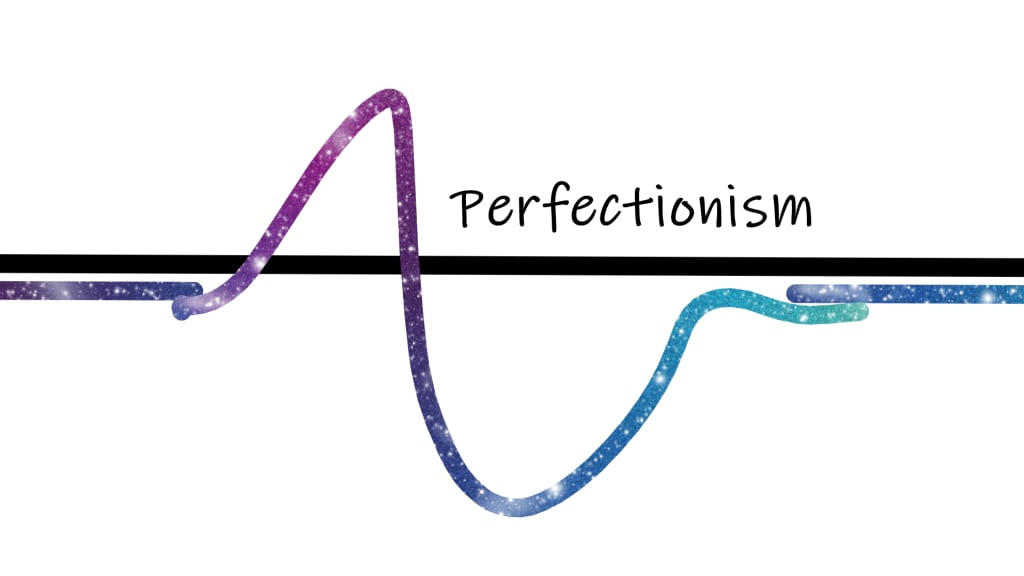Perfectionism.
Why you should let 'perfectionism' die and instead focus on 'improvement'.

With the current world situation, many life plans have been disturbed, lifestyles have been dramatically altered and even as an essential worker (where the only real workplace change I’ve experienced is work hour adjustments) I feel the increased stress and turbulence myself through the impact it has on my family and friends. More than ever, a discussion of perfectionism is relevant to our current situation and mental health.
When I think of the word perfect and when I think of perfectionism I also think of faultlessness, because that’s what the word ‘perfect’ means, right? No.

‘Perfect’, by definition, has no specification to faultlessness. The notion of faultlessness comes from human ideals where we perceive that it is possible to achieve a state of faultlessness. Whether it’s the faultlessness of this blog post, the faultlessness of a truck re-build, or the faultlessness of your morning drive to work, these ideals cannot possibly exist. The main reason for that is because everyone’s opinion of faultlessness differs. There is no single universal form that dictates the morally right or wrong way to drive to work, eat your breakfast or make your bed, but that doesn’t mean that what you are doing is faulty.
When we have inclinations towards perfectionism it leads us to aim for a form of faultlessness that can never be achieved, because if you asked too many people their opinions on your work or on your lifestyle I can guarantee one of them would identify numerous ‘faults’ in your methodology.
In the workshop as an apprentice I get the opportunity to work with a variety of people and they all have different methods on how to get the job done right, so they all have different ideals for what the ‘perfect repair’ looks like. That’s why, as a perfectionist, or even as a person who aims for perfection in certain aspects of their life, we have to learn to not focus on perfection itself for we risk focusing on faultlessness. We only set ourselves up for disappointment because we aim for something that is unattainable and forget to appreciate how well we have really performed in comparison to where we started. That’s why we need to focus on improvement over perfection instead.
Perfection in itself is an ideal and a barrier. If we believe something is perfect that is to say that there is no way that it could ever be improved, but I believe improvement is infinite hence, perfection is unattainable. It is much better for the mind-frame to instead focus on improvement – not only does that drive us to constantly work towards improving our work, our lifestyle or even our own attitudes towards ourselves, others, or our surroundings, but it allows us to focus on the progress we make instead of the perfection we haven’t achieved. It forces a much more optimistic mindset and promotes motivation and inspiration (and even if we don’t rely on these factors they’re always a welcome boost!)
So, if you’re ever overcome with the lack of perfection of an aspect of your life, a project you’ve created or a task you’re completing, remember to focus on the improvements you’ve already implemented and the ways you can continue to improve instead of the ultimate ideal of perfection. People are inclined to notice progress more than they notice ‘perfection’. If you want to look at perfection from a work-force perspective, it is more beneficial to improve and grow as an employee than it is to remain stagnant and as close-to-perfect as reality allows anyways, so you might as well kiss perfection goodbye!
About the Creator
Ashley Beeby
Writing as a women and an academic in trade and as a creative in life.
Qualified Heavy Vehicle Diesel Mechanic // Sci-fi & Fantasy Writer // Poet
Check out my website ashleybeeby.com or follow me on instagram.






Comments
There are no comments for this story
Be the first to respond and start the conversation.